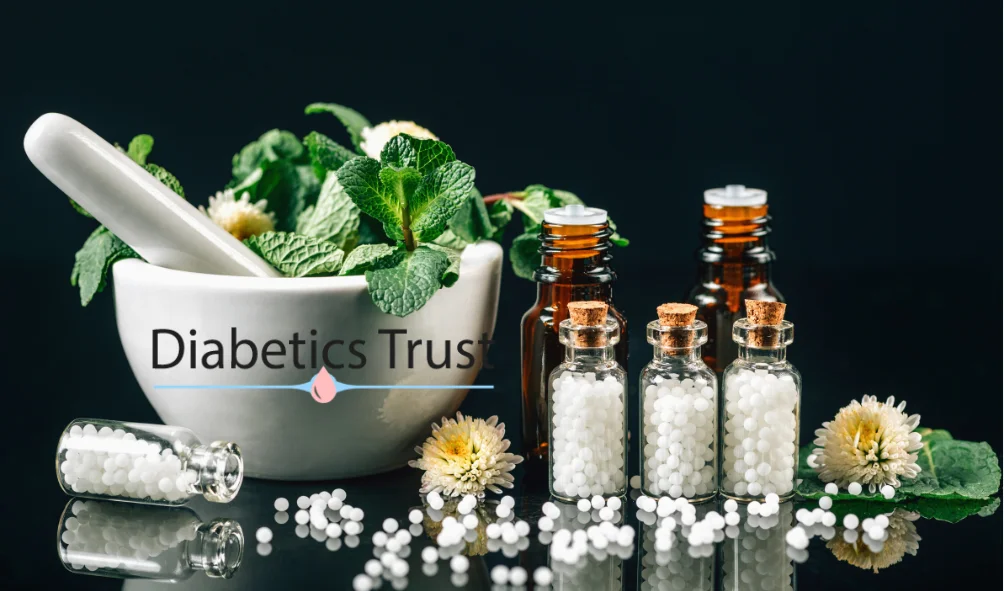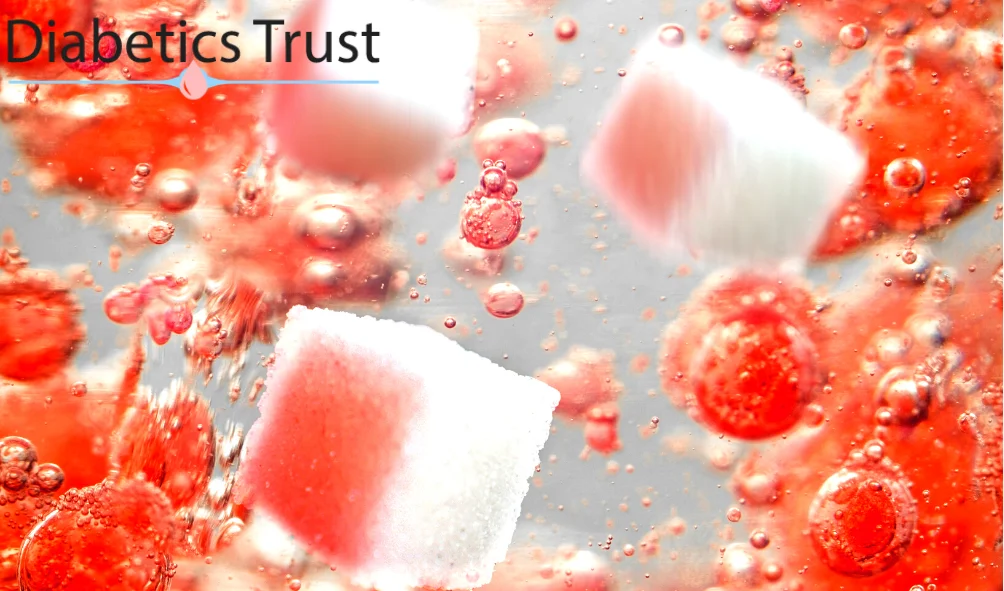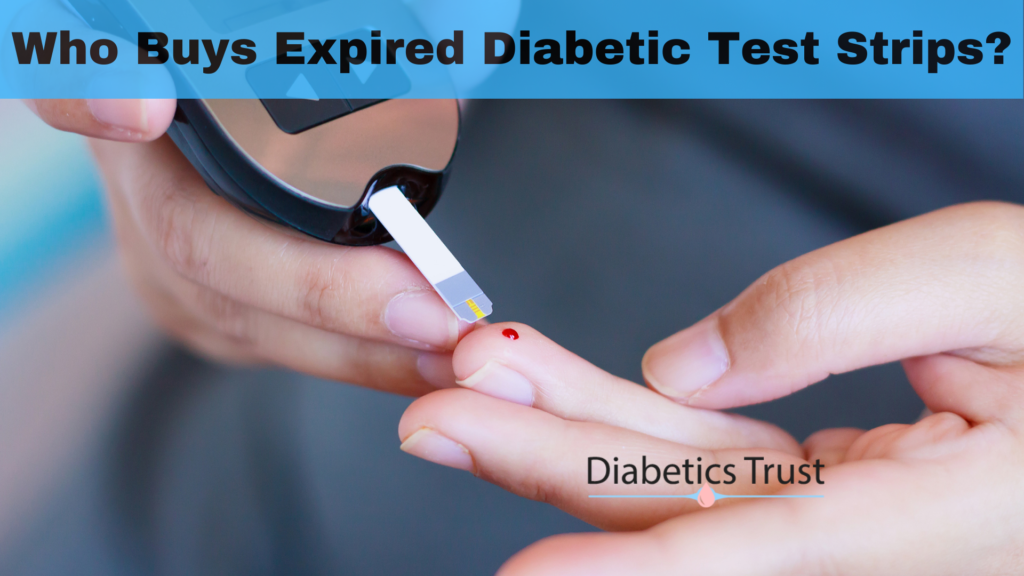Hyperglycemia which is also known as high blood pressure affects people who have diabetes. There are several factors that affect people with diabetes, which include physical activity, illness, medications not related to diabetes, and food. Get a quote for all your Extra diabetes test strips from DiabeticsTrust.
Remember: Hyperglycemia can also happen due to skipping insulin or other medications to lower your blood sugar.
If hyperglycemia is not treated at the right time even it becomes severe and can cause serious health problems that will need emergency care, which includes diabetic coma. It can cause severe issues and affect the skin, feet, nerves, and kidneys.
What is Hyperglycemia?
Hyperglycemia means high glucose in the blood. Your body needs glucose to properly function. Your cells rely on glucose for energy. Hyperglycemia is a defining characteristic of diabetes when the blood glucose level is too high because the body isn’t properly using or doesn’t make the hormone insulin.
Something as simple as a big meal or an intense workout can cause your blood sugar to spike, but problems occur when your body can’t bring your levels back down because of insulin resistance or a lack of insulin.
Symptoms of Hyperglycemia
It’s especially important to know the early signs of hyperglycemia if you have type 1 diabetes. If hyperglycemia is left untreated in people with type 1 diabetes, it can develop into ketoacidosis, where ketones, which are toxic acids, build up in the blood.
Early symptoms of hyperglycemia include:
- High blood sugar.
- Increased thirst and/or hunger.
- Blurred vision.
- Frequent urination (peeing).
- Headache.
- Additional symptoms include:
- Fatigue (feeling weak, tired).
- Weight loss.
- Vaginal and skin infections.
- Slow-healing cuts and sores.
Symptoms of ketoacidosis are:
- Vomiting.
- Dehydration.
- The unusual fruity smell on the breath.
- Deep labored breathing or hyperventilation.
- Rapid heartbeat.
- Confusion and disorientation.
- Coma.
Causes of Hyperglycemia
During digestion, the body breaks down carbohydrates from foods such as bread, rice, and pasta into sugar molecules. One of the sugar molecules is called glucose. It’s one of the body’s main energy sources.
Glucose is absorbed and goes directly into your bloodstream after you eat, but it can’t enter the cells of most of the body’s tissues without the help of insulin. Insulin is a hormone made by the pancreas.
When the glucose level in the blood rises, the pancreas releases insulin. The insulin unlocks the cells so that glucose can enter. This provides the fuel the cells need to work properly. Extra glucose is stored in the liver and muscles.
This process lowers the amount of glucose in the bloodstream and prevents it from reaching dangerously high levels. As the blood sugar level returns to normal, so does the amount of insulin the pancreas makes.
Treatment for hyperglycemia

To help keep your blood sugar within a healthy range:
Follow your diabetes meal plan.
If you take insulin or oral diabetes medication, be consistent about the amount and timing of your meals and snacks. The food you eat must be in balance with the insulin working in your body.
Monitor your Blood Sugar.
Depending on your treatment plan, you may check and record your blood sugar level several times a week or several times a day. Careful monitoring is the only way to make sure that your blood sugar level stays within your target range. Note when your glucose readings are above or below your target range.
Carefully follow your healthcare provider’s directions for how to take your medication.
Adjust your medication if you change your physical activity. The adjustment depends on blood sugar test results and on the type and length of the activity. If you have questions about this, talk to your healthcare provider.
The main aim of our company is to buy your unused extra products at a fair price and to deliver them to those who are in need of these products but are unable to buy them at high prices from the market. We offer them a low price as compared to the market.
FAQs: What is hyperglycemia?
How long does hyperglycemia last?
Hyperglycemia is a life long-lasting disease. There is no permanent cure for it. But you can take some steps to control it at a certain level. After a medical procedure of 3-6 months, patients can see the stable results of it.
Is hyperglycemia curable?
The simple answer to this question is NO. Even if hyperglycemia is not curable, however, it can be controlled through proper medication, a healthy diet, quitting smoking and alcohol, and exercising daily.
Conclusions:
You can easily avoid hyperglycemia in three phases. This includes taking your treatments as directed, exercising, and eating a healthy diet with smaller portions. The effort is worth it.
Getting your blood sugar under control can ultimately help increase your quality of life now and help ward off complications in the future. We have explained everything related to hyperglycemia in detail.
If you want to sell your diabetic test strips them without going through the headache of visiting the market and other issues, you can contact us. We ensure you of safe buying of your product at a fair price.





